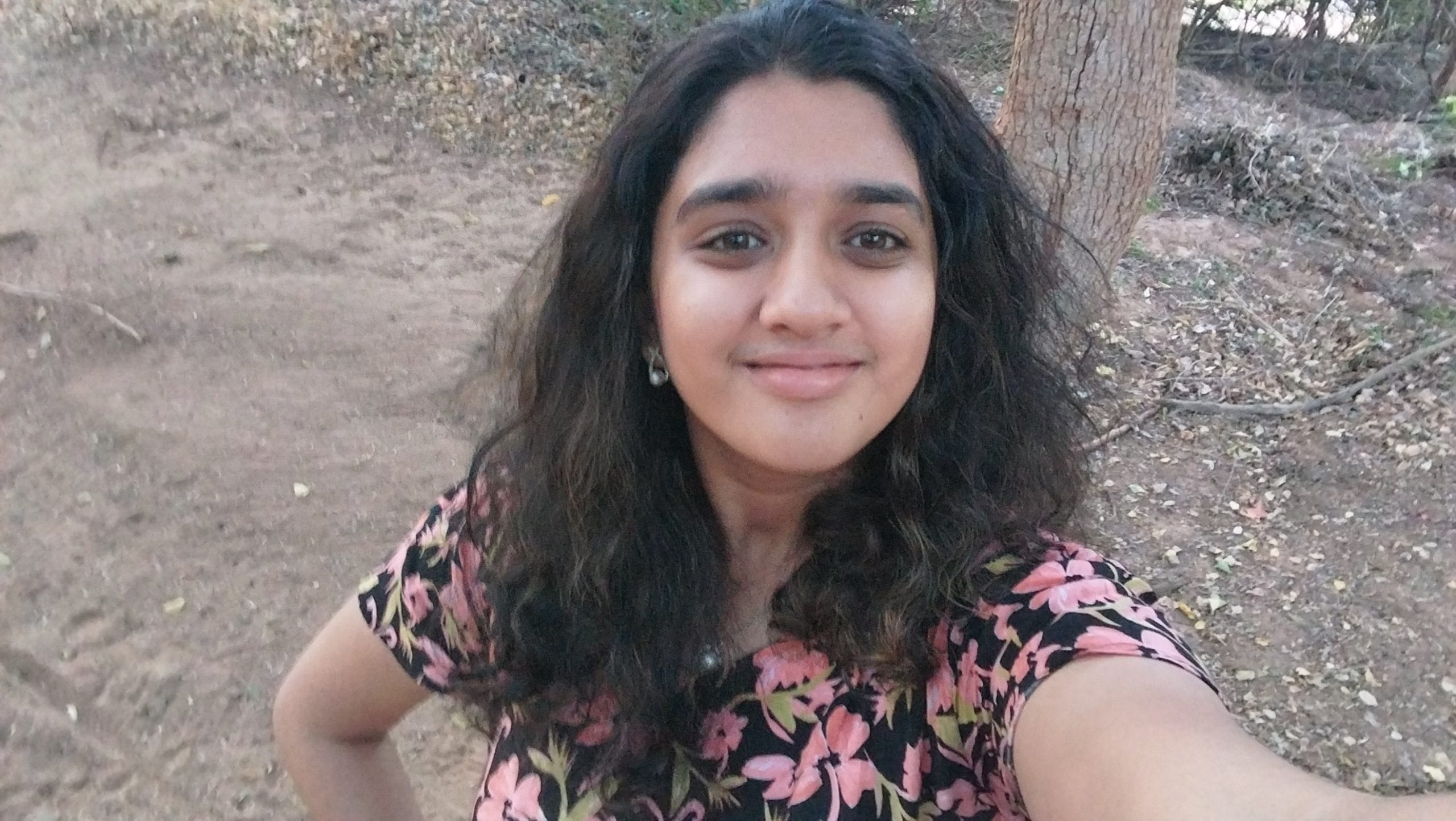From Stigma to Support: Can Indian Media Revolutionise Mental Health Narratives?

Saradha S
May 22 , 2024

The realm of mental health in India is often shrouded in a veil of stigma, a deeply ingrained societal attitude that fosters fear, misunderstanding, and discrimination. Individuals experiencing mental health challenges, from anxiety and depression to more severe conditions, face not only the battles within but also the external pressure to remain silent. This stigma acts as a formidable barrier, preventing people from seeking help and jeopardising their well-being. However, within this landscape emerges a powerful force – media, the omnipresent storyteller that shapes public perception through news, entertainment, and social platforms. Media has the potential to either perpetuate this stigma or become a champion for positive change. By critically examining the media's portrayal of mental illness, we can explore its role in shaping societal attitudes and its potential to revolutionise the narrative surrounding mental health in India.
Imagine a bustling Indian bazaar, a symphony of colors, aromas, and vibrant energy. This is the India we often see – a land steeped in rich culture, ancient traditions, and a seemingly boundless zest for life. Yet, beneath this dazzling facade lies a hidden struggle, a battle fought in hushed tones and shrouded in silence: the fight for mental well-being. Millions of Indians, from bustling metropolises like Mumbai and Delhi to remote villages nestled in the Himalayas, grapple with anxiety, depression, and a multitude of other mental health conditions.
However, unlike the vibrant fabrics and spices that fill the bazaars, there's a stark absence – the absence of open conversation and understanding surrounding mental health. A pervasive stigma hangs heavy in the air, a suffocating cloak that prevents individuals from seeking help or even acknowledging their struggles. They fear judgment, ridicule, and the very real possibility of being ostracized from their communities.
In this battle for mental well-being, media, the ubiquitous storyteller, stands at a critical juncture. For decades, it has often been a mirror reflecting the societal stigma. Bollywood blockbusters might portray characters with mental illness as violent villains or the subjects of insensitive comedic portrayals. Television shows sensationalize suicide, triggering a ripple effect of tragedy. Newspapers dedicate limited space to mental health issues, often focusing on isolated incidents rather than the broader challenges faced by millions.
But a tide of change is rising. A growing chorus of voices demands a different narrative, one that dismantles stigma and fosters empathy. Can Indian media, with its immense reach and influence, become a catalyst for this change? Can it revolutionize the way mental health is portrayed, shifting the focus from shame and fear to support, understanding, and hope?
The Past Landscape: A Media Mirroring Stigma
The portrayal of mental illness in Indian media often resembles a distorted funhouse mirror, reflecting a warped and exaggerated version of reality. This lack of nuanced and accurate representation fuels public fear and misunderstanding, discouraging individuals from seeking help. Let's delve deeper into the harmful portrayals that perpetuate stigma:
The Villainous Outcast: Characters with mental health conditions are frequently cast as antagonists, portrayed as violent and unpredictable. This stereotype not only reinforces the dangerous myth that mental illness equates to criminality but also creates a sense of fear and suspicion towards individuals struggling with these conditions. Imagine a Bollywood thriller where the antagonist's erratic behavior is solely attributed to a mental illness, neglecting the complexities of the condition and the vast majority of individuals living fulfilling lives with mental health challenges.
The Comic Relief Punchline: Mental health struggles are often trivialized in comedic scenes, reduced to punchlines for cheap laughs. Imagine a light-hearted sitcom where a character's anxiety manifesting as panic attacks becomes the source of amusement for friends. This trivialization not only minimizes the very real struggles faced by individuals but also sends the message that mental health concerns are not to be taken seriously.
The Sensationalized Tragedy: Suicide, a devastating consequence of untreated mental illness, is often sensationalized in news reports. Graphic details and a focus on the dramatic aspects of the tragedy can have a triggering effect, particularly for vulnerable individuals already contemplating suicide. This sensationalization can lead to copycat behaviors and divert attention away from the crucial need for mental health awareness and support systems.
The Possessed and Mystical: In some corners of Indian media, particularly in regional cinema, mental illness is attributed to supernatural causes like demonic possession. This perpetuates outdated and inaccurate beliefs, discouraging individuals and families from seeking professional medical help and potentially resorting to harmful practices like exorcisms.
These negative portrayals contribute to a climate of fear and misunderstanding. Individuals experiencing mental health issues may hesitate to seek help for fear of being ostracized or labeled as dangerous. It's time for the Indian media to move beyond these harmful stereotypes and embrace accurate and empathetic depictions of mental health conditions.

Photo by AbsolutVision Team on Unsplash
The Cost of Silence: Why Media Matters
The consequences of perpetuating mental health stigma are far-reaching, creating a ripple effect of suffering that impacts individuals, families, and society as a whole. Here's a closer look at the devastating impact of this stigma:
Untreated Illnesses: Fear of judgment and social isolation are powerful deterrents. Individuals struggling with mental health conditions may avoid seeking professional help due to the stigma associated with mental illness. This can lead to a worsening of symptoms, such as increased anxiety, deeper depression, and even psychotic episodes. Left untreated, these conditions can significantly impact a person's ability to function at work, school, or in their personal relationships.
Broken Relationships: Misconceptions about mental illness can breed fear and misunderstanding. Family members and friends may not know how to support a loved one struggling with a mental health condition. They might withdraw out of fear or resort to unhelpful advice based on stigma. Social isolation can exacerbate symptoms and make it harder for individuals to recover. Romantic relationships can also suffer, as partners may struggle to understand the challenges faced by their loved one.
Increased Suicide Rates: India already grapples with a high suicide rate, the second highest globally amongst young people according to the World Health Organization. Stigma surrounding mental illness can be a significant contributing factor. Individuals experiencing suicidal thoughts may feel ashamed or hopeless, believing there's no way out. The fear of seeking help due to stigma can prevent them from accessing resources that could save their lives.
Economic Burden: Untreated mental illness has a significant economic impact. Individuals with mental health conditions may struggle to maintain employment, leading to lost productivity and decreased earning potential. The healthcare system also bears a heavy burden as untreated conditions escalate, requiring more intensive intervention later.
Lost Potential: Mental health conditions can rob individuals of the opportunity to live fulfilling lives. Stigma can prevent them from pursuing their dreams, participating in their communities, or reaching their full potential. This loss of potential diminishes not just individual lives but also the collective spirit and progress of society.
The impact of mental health stigma is undeniable. It creates a cycle of suffering that can be broken only through education, awareness, and a shift in societal attitudes.
A Call for Change: Reframing the Narrative
The media has a crucial role to play in dismantling stigma and promoting mental health awareness. Here's how:
Accurate Representation: Portray characters with mental health conditions realistically, highlighting their struggles and triumphs.
Focus on Recovery: Showcase stories of individuals who have successfully managed their mental health conditions, offering hope and inspiration.
Normalize Conversations: Feature mental health experts and individuals living with mental illness discussing their experiences openly and honestly.
Breaking Stereotypes: Challenge negative stereotypes by portraying individuals with mental health conditions in diverse roles and professions.
Promote Help-Seeking Behavior: Provide information about mental health resources and encourage viewers/readers to seek professional help when needed.

Photo by Sam McGhee Team on Unsplash
Shifting the Narrative: Media as a Beacon of Hope
While the media landscape has often perpetuated stigma surrounding mental health, a positive shift is underway. Several key players are emerging as agents of change, using their platforms to promote awareness, understanding, and support:
Films and Television Shows Embrace Nuanced Portrayals: Bollywood, the heart of Indian cinema, is starting to move away from stereotypical depictions. Films like "Dear Zindagi" normalize therapy-seeking behavior, while "Taare Zameen Par" sheds light on learning disabilities, fostering empathy and understanding. Television series like "TVF's Permanent Roommates" and "Yeh Meri Family" weave mental health discussions into their narratives, making the topic relatable for viewers.
Celebrities and Influencers Break the Silence: High-profile figures can have a powerful impact on public opinion. Celebrities like Deepika Padukone and Virat Kohli sharing their mental health struggles has inspired countless others to speak out and seek help. Social media platforms amplify these voices, with campaigns like #MentalHealthMatters and #LetsTalk creating online communities for support and connection.
News and Documentaries Educate and Empower: Responsible journalism can be a critical tool for educating the public. News outlets can provide information about mental health conditions, available resources, and the importance of early intervention. Documentaries like "Rubaru Roshni" offer a glimpse into personal journeys of healing, fostering empathy and understanding. Educational segments and features on mental health awareness days can further dispel myths and encourage proactive approaches to well-being. By taking these steps, the media can move the conversation beyond stigma and towards hope.
Stepping Up to the Challenge: Media Leaders as Changemakers
Media leaders in India have the power to ignite positive change. Here are some actionable steps they can take:
Develop mental health literacy programs: Educate media professionals on mental health conditions and responsible reporting practices.
Partner with mental health organizations: Collaborate with experts to ensure accurate and sensitive portrayal of mental health issues.
Implement self-regulation mechanisms: Develop guidelines and ethical frameworks to promote responsible reporting on mental health.
Destigmatizing Mental Health Discussions: Start conversations about mental health in newsrooms, production houses, and on social media.
Promoting Mental Health Campaigns: Partner with NGOs and public health institutions to create large-scale awareness campaigns.
Advocating for Policy Changes: Lobby for mental health reforms and increased investment in mental health services.
The media landscape is dynamic, constantly evolving with new technologies and platforms. By embracing these changes and prioritising mental health awareness, Indian media can revolutionise conversations around mental illness. This shift can lead to a future where individuals feel empowered to seek help, where vulnerability is met with empathy, and where mental well-being is no longer a luxury, but a right. The revolution for better mental health narratives starts now, with each story told, each voice amplified, and each stereotype challenged.
For more support, reach out to a mental health professional at Heart It Out today.
Keep Reading
Started reading,
found my glow!
New blogs dropping soon – Sign up!
© EmbraceWell. All rights reserved


























